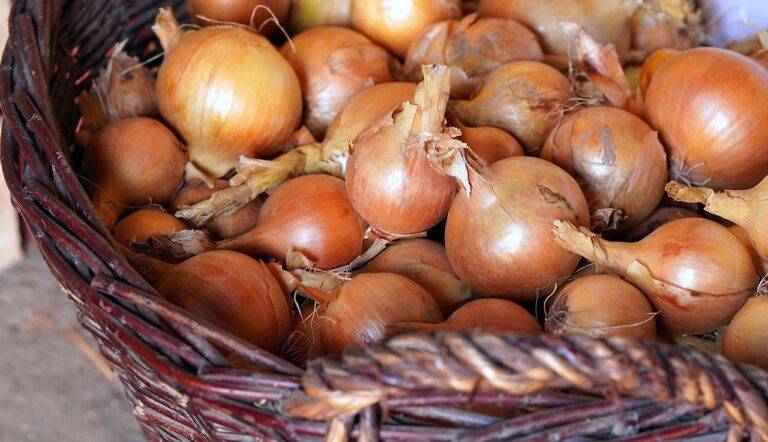Food Storage for Farmers’ Markets: Extending Shelf Life for Local Produce: Allexchbet. Com, 99 exchange, Allpanel
allexchbet. com, 99 exchange, allpanel: Food Storage for Farmers’ Markets: Extending Shelf Life for Local Produce
As a farmer selling at farmers’ markets, one of your biggest challenges is ensuring that your produce stays fresh for as long as possible. Whether you are selling fruits, vegetables, meats, or dairy products, proper food storage is crucial to maintaining the quality of your products and maximizing their shelf life.
In this article, we will discuss some essential tips and techniques for storing food for farmers’ markets. By following these guidelines, you can extend the shelf life of your local produce, reduce waste, and keep your customers coming back for more.
Proper Storage Guidelines for Different Types of Produce:
1. Fruits and Vegetables:
– Store fruits and vegetables in a cool, dry place away from direct sunlight.
– Keep fruits and vegetables separate to prevent them from ripening too quickly.
– Use breathable containers or produce bags to allow for air circulation.
– Check your produce regularly for any signs of spoilage and remove any spoiled items immediately.
2. Meats and Dairy Products:
– Keep meats and dairy products refrigerated at the appropriate temperature.
– Use airtight containers or freezer bags to prevent moisture loss and freezer burn.
– Label and date your products to ensure proper rotation and prevent spoilage.
3. Baked Goods:
– Store baked goods in airtight containers or plastic wrap to prevent drying out.
– Keep baked goods at room temperature or in the refrigerator, depending on the type of product.
– Freeze any baked goods that will not be sold within a few days.
4. Herbs and Spices:
– Store fresh herbs in a glass of water in the refrigerator or wrap them in a damp paper towel and place them in a plastic bag.
– Store dried herbs and spices in a cool, dark place away from heat and moisture.
5. Canned and Preserved Foods:
– Store canned and preserved foods in a cool, dark place with stable temperatures.
– Check the seals on canned items regularly to ensure they are still intact.
6. Eggs:
– Keep eggs refrigerated at all times.
– Store eggs in their original carton to protect them from absorbing odors and flavors from other foods.
7. Honey:
– Store honey in a cool, dark place at room temperature.
– Honey does not spoil, but it may crystallize over time. To liquefy crystallized honey, place the jar in warm water.
By following these guidelines, you can ensure that your local produce stays fresh and delicious for as long as possible. Proper food storage is essential for maintaining the quality of your products and increasing their shelf life. Customers appreciate fresh, high-quality produce, and by implementing these storage techniques, you can set yourself apart from the competition at farmers’ markets.
Frequently Asked Questions:
Q: Can I wash my produce before storing it?
A: It is best to wash produce right before using it to prevent moisture buildup, which can lead to spoilage. If you must wash your produce before storing it, make sure it is completely dry before placing it in storage.
Q: How can I prevent my produce from wilting?
A: To prevent produce from wilting, store it in airtight containers with a damp paper towel or cloth to maintain humidity levels. Leafy greens can also be stored in a plastic bag with small holes to allow for air circulation.
Q: How long can I store produce in the refrigerator?
A: The shelf life of produce varies depending on the type of item. Generally, fruits and vegetables can be stored in the refrigerator for a few days to a couple of weeks, while meats and dairy products should be consumed within a few days to a week. Check your products regularly for any signs of spoilage and use them before they go bad.
In conclusion, proper food storage is essential for maintaining the quality and freshness of your local produce at farmers’ markets. By following the guidelines outlined in this article, you can extend the shelf life of your products, reduce waste, and keep your customers happy. Remember to check your products regularly, rotate your stock, and implement best practices for storing different types of produce. With these tips in mind, you can set yourself up for success at farmers’ markets and ensure that your customers keep coming back for more.







